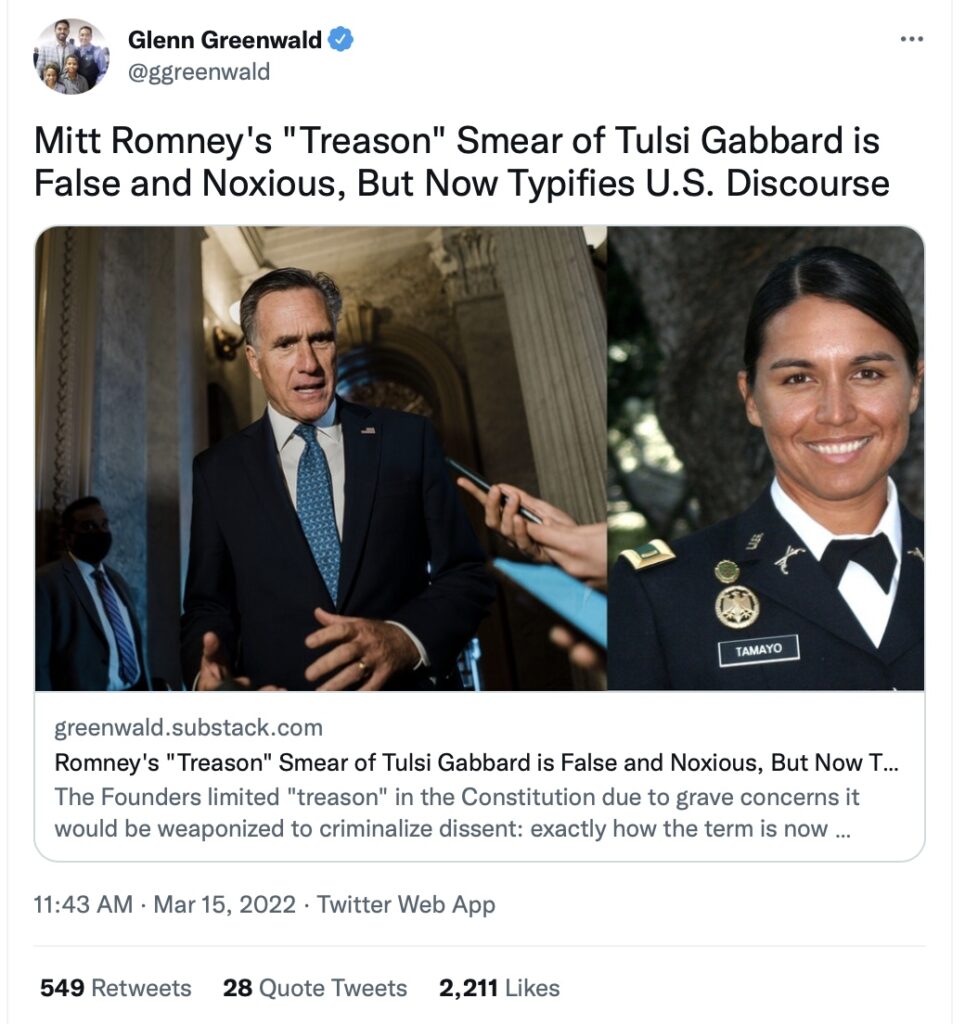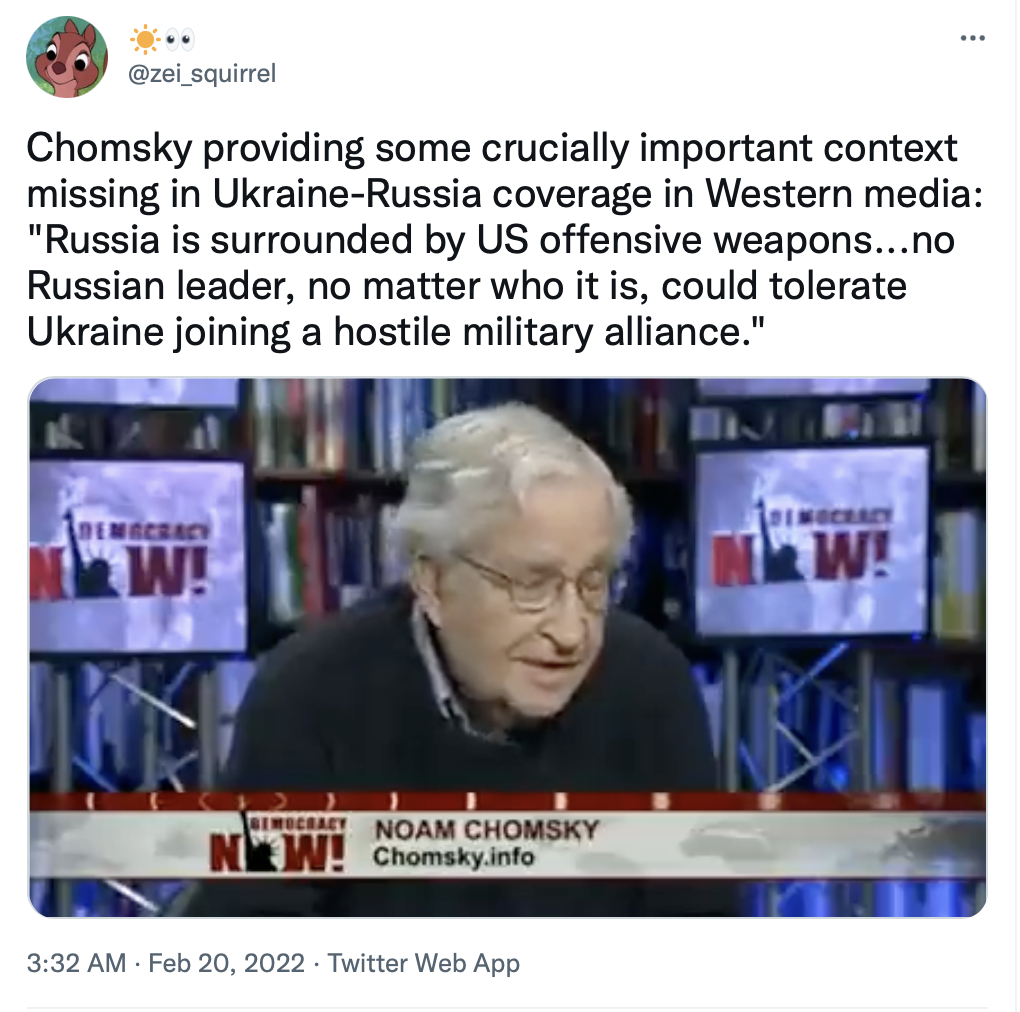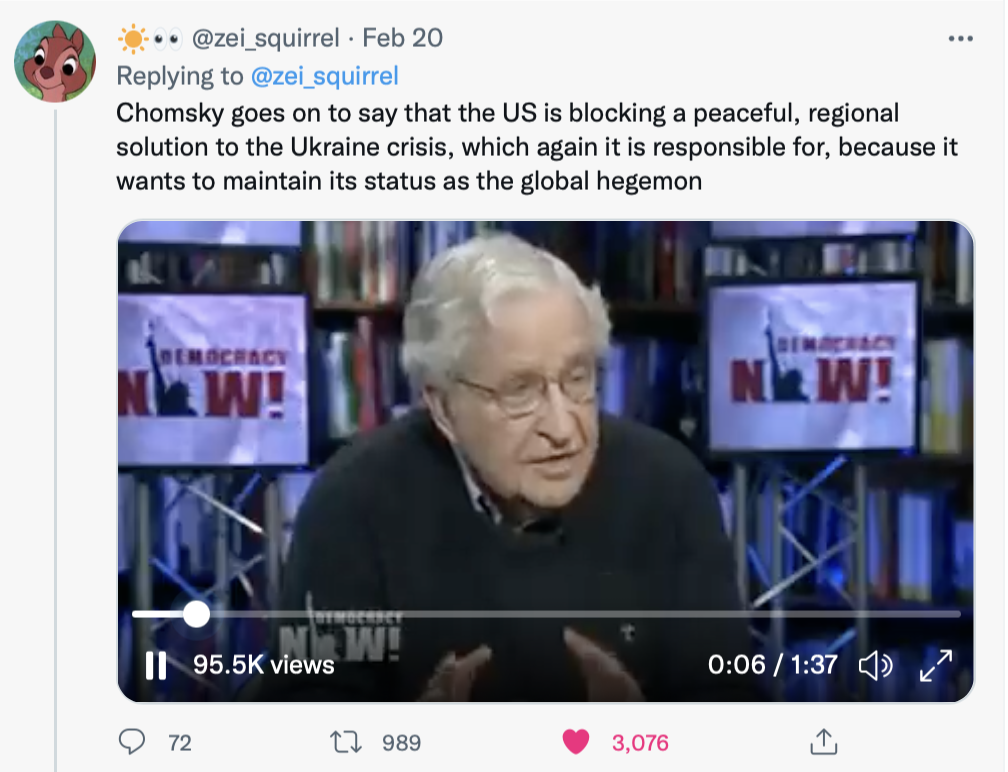What Harvard did to Economist Roland Fryer
Glenn Loury introduces a narrative that tells a story about what happens when a person diligently follows the evidence where it leads, but where it leads conflicts with a prevailing cultural-media narrative. In this case, Fryer's research showed police have not been killing unarmed "black" men at a rate greater than they kill unarmed "white" men. Wikipedia's version: "In 2016, Fryer published a working paper concluding that although minorities (African Americans and Hispanics) are more likely to experience police use of force than whites, they were not more likely to be shot by police than whites."
This is the story of the Harvard community reacted to those inconvenient numbers.
Glenn Loury introduces the video:
Roland Fryer is the most gifted economist of his generation. Not the most gifted black economist of his generation, the most gifted economist of his generation. Period.
He was tenured at Harvard at the age of 30, he was awarded the American Economics Association’s John Bates Clark Medal, he received a MacArthur “Genius” grant, his publications appeared in some of the most distinguished journals in the field, and his scholarship was regularly covered in the mainstream media. His research upends many commonly held assumptions about race, discrimination, education, and police violence. It is tremendously creative, rigorous, and consequential scholarship, and it cannot be simply written off because it happens to challenge the status quo.
To do the kind of work Roland does, you have to be more than brilliant. You have to be fearless. And I cannot help suspect that now Roland is paying the price for pursuing the truth wherever it leads. Several years ago, he was accused of sexual harassment by a disgruntled ex-assistant. In my opinion and that of many others, those accusations are baseless. But Harvard has used them as a pretext to shut down Roland’s lab, to curtail his teaching, and to marginalize him within the institution.
I’ll not mince words. Those at Harvard responsible for this state of affairs should be utterly ashamed of themselves. They have unnecessarily, heedlessly tarnished the career of an historically great economist. Again, I can't help but suspect that they have effectively buried vital research not because it was flawed but because they found the results to be politically inconvenient. “Veritas” indeed.
I’m not the only one infuriated by what is happening to Roland Fryer. The filmmaker Rob Montz has made a short documentary about this subject. I’m interviewed in it alongside others who see this fiasco for what it is, some of who have much to lose by publicly coming to Roland’s defense. People need to see this film. They need to know the truth about Roland Fryer. So I ask you to watch and to judge for yourself, and if you feel so moved, to share it as widely as possible.





